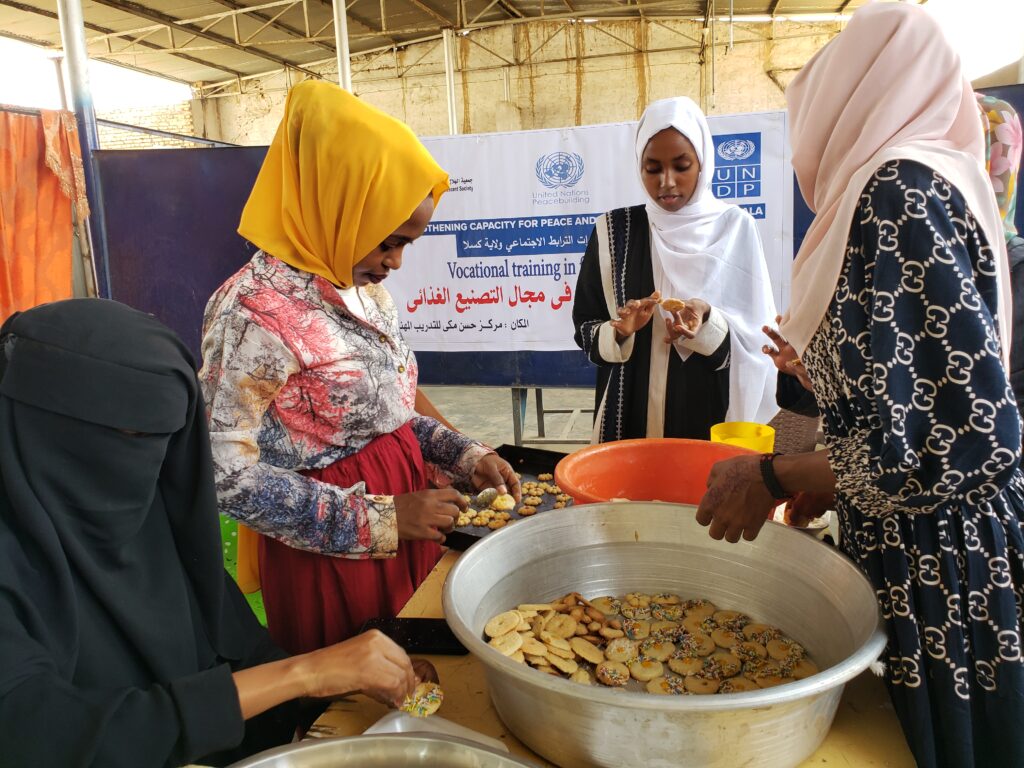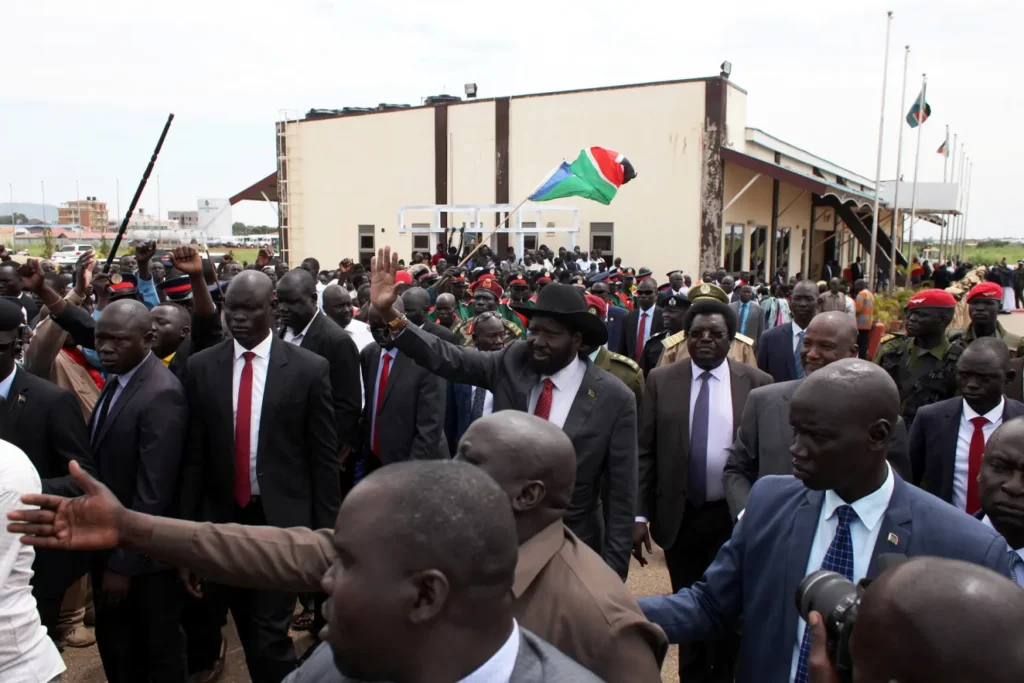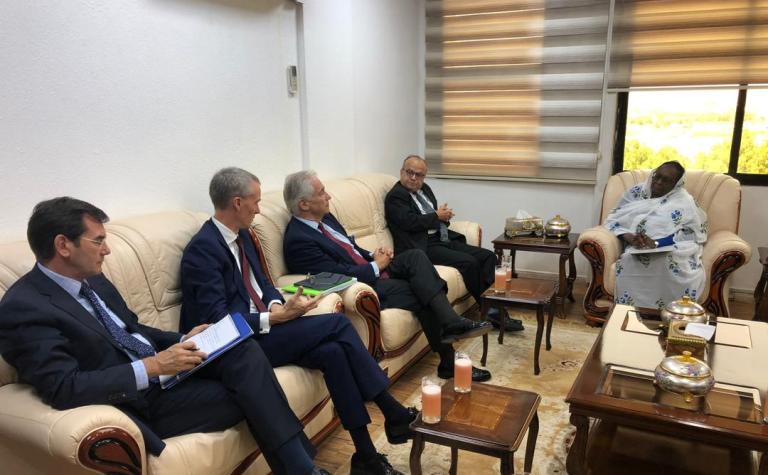
Eyewitnesses reported clashes between the Sudanese army and tribal militiamen in Port Sudan late on Monday, marking the first such confrontation in the strategically important coastal city in over five months of conflict.
Since April 15, a conflict between army chief Abdel Fattah al-Burhan and Mohamed Hamdan Dagalo, who leads the Rapid Support Forces (RSF), has resulted in the deaths of thousands.
A witness in Port Sudan reported an “exchange of gunfire between the army and a militia led by Sheba Darar,” a leader hailing from the local Beja tribe.
An anonymous witness stated that “soldiers deployed in the area after removing checkpoints set up by the militia,” while other accounts indicated a subsequent restoration of calm in the vicinity.
Port Sudan houses Sudan’s sole operational airport and serves as a residence for government officials, as well as hosting United Nations activities.
They had relocated from the conflict-ridden capital, Khartoum, where witnesses reported ongoing clashes between the army and the RSF on Monday.
Port Sudan had remained untouched by the violence until the clashes erupted on Monday night.
For the past three weeks, Port Sudan has functioned as the new headquarters for Burhan, who had previously been confined to the army headquarters in Khartoum, under siege by RSF fighters until late August.
Since then, Burhan has embarked on six foreign trips from Port Sudan, a move seen by analysts as a diplomatic effort to enhance his standing in anticipation of potential negotiations aimed at resolving the conflict.
Darar, who initially sided with the army at the onset of the conflict before turning against government officials relocating to eastern Sudan, has not declared an alliance with the RSF.
Across Sudan, the violence has killed at least 7,500 people since April 15, according to a conservative estimate from the Armed Conflict Location & Event Data Project.
Khartoum clashes continue
Witnesses in the area reported that the RSF launched attacks on the army headquarters in central Khartoum for the third consecutive day.
In Omdurman, situated just across the Nile River, witnesses reported the army launching artillery attacks on RSF bases.
The intense fighting that began on Saturday has resulted in significant damage to Khartoum’s skyline, with iconic towers in the city center reduced to charred remnants.
RSF blamed the army for the destruction, which included the ministry of justice and the Greater Nile Petroleum Oil Company Tower — a conical building with glass facades that had become a landmark for the city.
Sudanese group added that the buildings were destroyed in “targeted attacks” by the air force.
Activists, aid organizations, and international bodies have accused both forces of targeting infrastructure and falling short in their duty to safeguard civilians.
The conflict in Sudan has ravaged an already fragile infrastructure, resulted in the closure of 80 percent of the nation’s hospitals, and pushed millions into a state of severe hunger.



